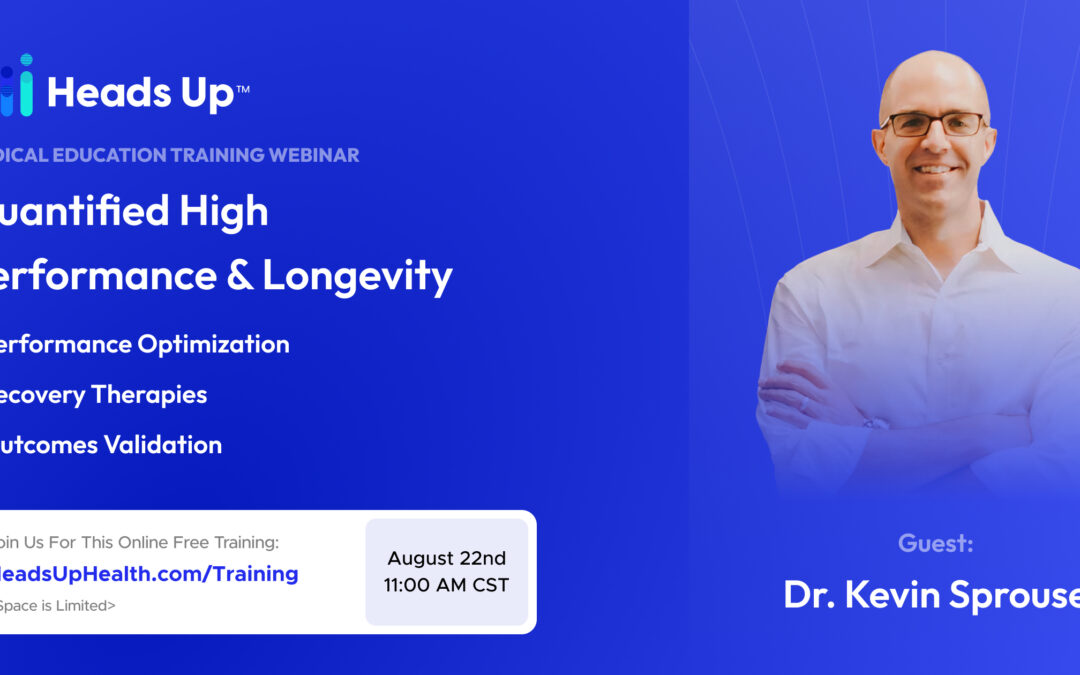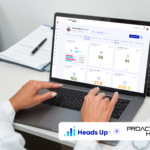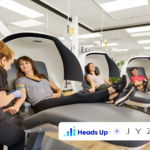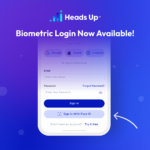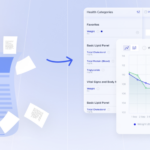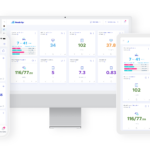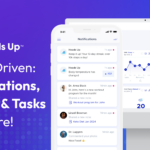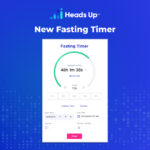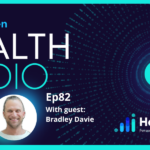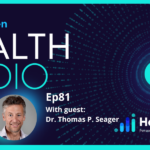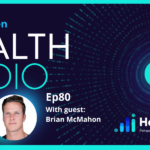Balancing Elite Performance with Longevity
Tracking and Optimizing Health for Athletes and High Performance Clients
Join us for a deep dive into how to best monitor and optimize performance and recovery for athletes and high performers.
- Should athletes eat before bed? The answer might surprise you…
- How to identify under-eating through lab testing (Hint: fasting insulin…)
- Athlete considerations for training load, sleep, HRV, resting heart rate and more
- Does intense physical training trash lab results (DATA REVEAL)?
- Balancing intense training with longevity – can you have both?
- Top performance and recovery techniques for athletes (and how to measure efficacy)
Training Resources:
About The Special Guest
Dr. Kevin Sprouse is trained and certified in both Sports Medicine and Emergency Medicine. He serves as the Head of Medicine for EF Education First Pro Cycling and works with elite and professional athletes across numerous sports and disciplines, including professional cycling, triathlon, PGA TOUR golfers, National Football League (NFL) players, Olympic track and field athletes, and many more.
Dr. Sprouse’s unique experience and expertise are sought by high-performing athletes, executives, and health-conscious individuals across the country and around the world.
At Podium Sports Medicine, Dr. Sprouse works with a limited number of patients, employing a retainer-style practice model. This allows for an extremely personal level of care that is critical to helping patients achieve their health and performance goals.
Podium understands that high-performance extends far beyond athletic endeavors for our clients, and we are not a practice limited to elite athletes. They cater to high-performing individuals who seek out the truly exceptional in pursuit of their goals, be it personal, professional or athletic.
Valued Sponsors

TruAge Complete: An epigenetic test that tells you how old you really are on the cellular level. The test tells you: your biological age, rate of aging, and age of 11 key organ systems by looking at 75+ biomarkers. By routinely taking the test, you can measure the impact of lifestyle changes you make to improve your epigenetic health. Learn more
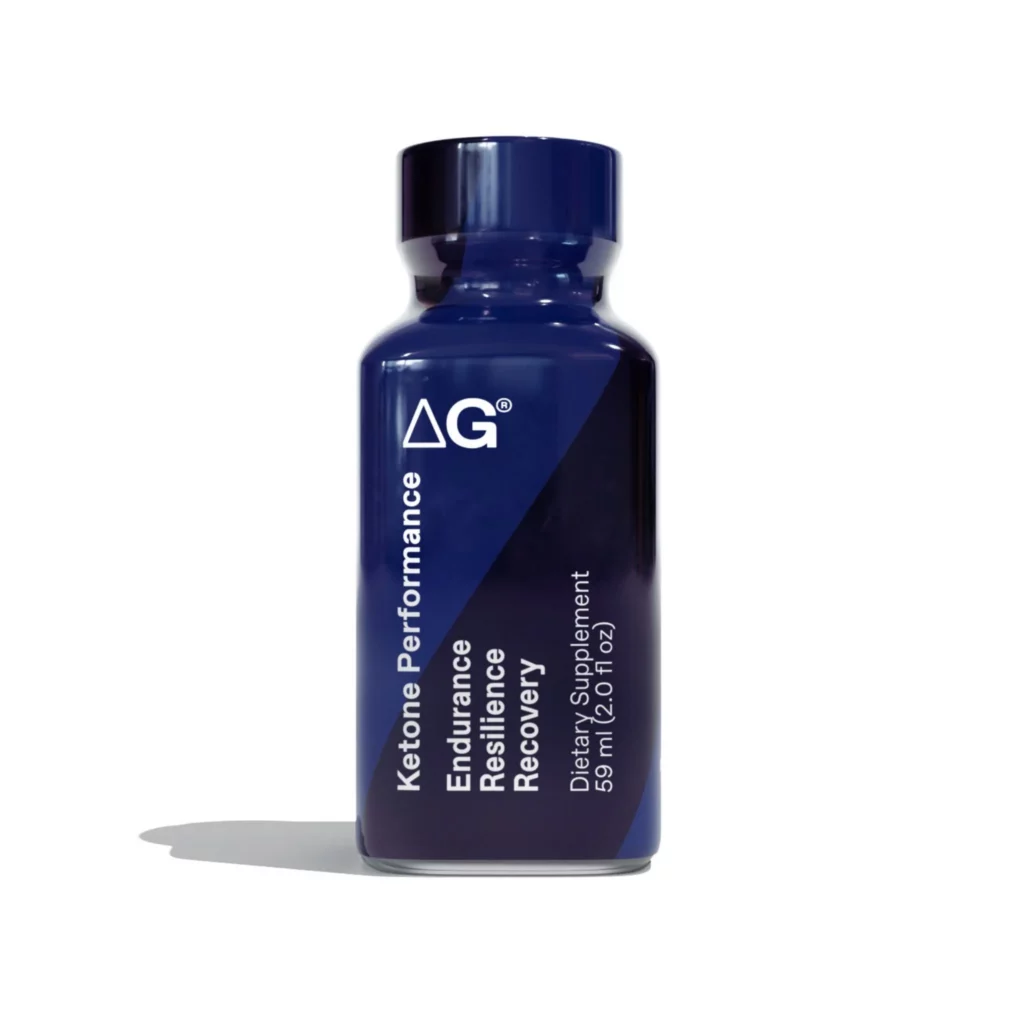
DeltaG: #1 Ketone Drink in the World — Developed by scientists at the University of Oxford and the National Institutes of Health. Groundbreaking technology allows users to enter a previously unattainable metabolic state. Learn more.
Optimizing High-Performance Athlete Care:
A Data-Driven Approach to Enhancing Health and Performance
In the world of elite sports, where milliseconds can determine the difference between victory and defeat, optimizing an athlete’s health and performance is crucial. The complexities of managing high-performance athletes go beyond conventional medical practices, requiring a meticulous and data-driven approach.
This blog post explores how leveraging continuous biometric monitoring, environmental assessments, and personalized interventions can elevate the care provided to elite athletes. We delve into the insights shared by Dr. Kevin Sprouse, a leading expert in sports medicine, during a recent Heads Up Health webinar, outlining practical strategies for health professionals working with this unique population.
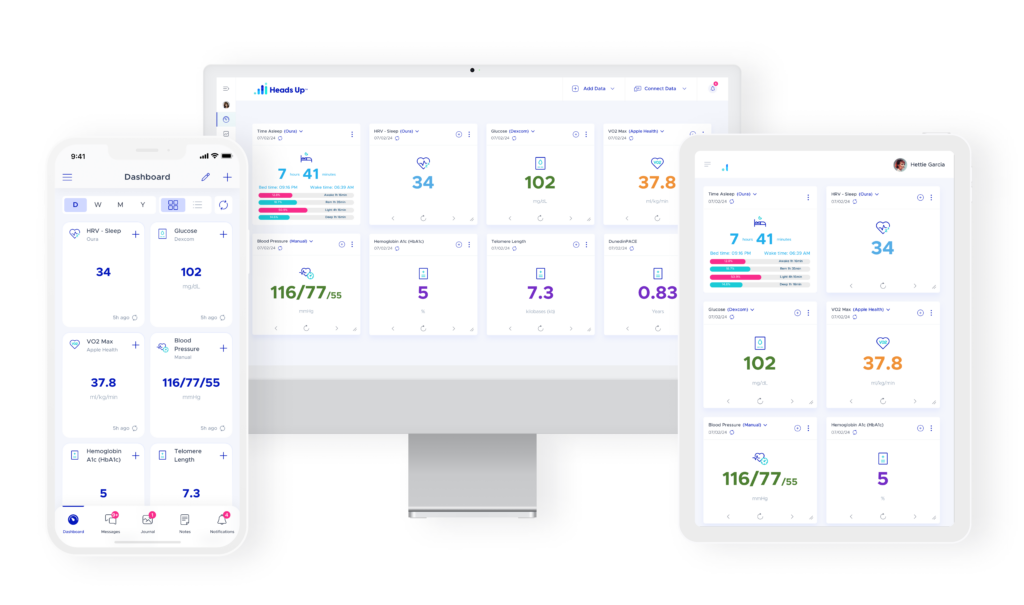
The Imperative of Comprehensive Data Collection
For health professionals working with elite athletes, traditional clinical assessments provide only a fraction of the necessary information. To gain a complete picture of an athlete’s health and performance, it is essential to integrate continuous and objective data collection into routine practice. The key areas to monitor include:
- Training Load and Periodization
- Training Load: Monitoring training load is essential for understanding how much stress an athlete’s body is under. This can be done using platforms like Strava, which track metrics such as training volume, intensity, and frequency. Understanding an athlete’s training load helps identify patterns that may lead to overtraining, injury, or burnout.
- Periodization: Effective periodization involves structuring training cycles with planned periods of high and low intensity to optimize performance and prevent overtraining. By analyzing training data, health professionals can ensure athletes are balancing effort with recovery, a crucial aspect often overlooked by recreational athletes.
- Biometric Monitoring
- Resting Heart Rate (RHR) and Respiratory Rate: Changes in RHR and respiratory rate can signal shifts in an athlete’s recovery status, stress levels, or even illness. Monitoring these metrics daily provides actionable insights into the athlete’s well-being.
- Sleep Metrics: Quality sleep is non-negotiable for recovery and performance. Devices like Oura Ring or Garmin wearables provide detailed sleep data, including duration, stages, and disturbances, which can be used to optimize sleep hygiene and recovery strategies.
- Nutritional Assessments
- Continuous Glucose Monitoring (CGM): CGM devices offer real-time insights into how an athlete’s body responds to different foods, training intensities, and recovery periods. For athletes, maintaining stable blood glucose levels is crucial for sustained energy and performance.
- Macronutrient Balance: Tracking macronutrient intake, particularly carbohydrates, is vital for athletes engaged in glycolytic activities. Health professionals can use this data to adjust dietary plans and prevent energy deficits that could lead to performance decline.
- Fasting Insulin Levels: Regular monitoring of fasting insulin can provide insights into an athlete’s metabolic health and ensure they are not under-fueling, which is critical for maintaining long-term health and performance.
- Environmental Assessments
- Air Quality and CO2 Levels: The impact of environmental factors, particularly air quality and CO2 levels, on sleep and recovery is often underestimated. Using environmental monitors to assess these parameters in an athlete’s home or hotel room can uncover hidden factors affecting their recovery. Simple interventions, such as improving ventilation, can have a profound impact on sleep quality and, consequently, performance.
Case Studies: Applying Data-Driven Interventions
To illustrate the practical application of these monitoring strategies, let’s explore three case studies from Dr. Sprouse’s practice:
Case Study 1: Sleep and Recovery Optimization Through Environmental Adjustments
A 28-year-old professional athlete exhibited significantly lower recovery metrics at home compared to on the road. Despite excellent sleep hygiene, his HRV and sleep quality were consistently poorer at home. An environmental assessment revealed high CO2 levels in his tightly sealed bedroom, leading to suboptimal sleep. By simply improving air circulation, his sleep quality and recovery metrics improved significantly, demonstrating the importance of considering environmental factors in athlete care.
Case Study 2: Nutritional Rehabilitation in a Carbohydrate-Depleted Endurance Athlete
A 26-year-old endurance athlete attempted to improve his fat oxidation by significantly reducing carbohydrate intake, following advice to enhance performance through metabolic flexibility. However, during an altitude training camp, his performance declined sharply, accompanied by low glucose levels, disrupted sleep, and elevated TSH and cortisol levels. Upon reintroducing adequate carbohydrates into his diet, his biomarkers and performance gradually returned to baseline, highlighting the risks of under-fueling and the importance of individualized nutritional strategies.
Case Study 3: The Power of Periodization in a High-Intensity Training Regimen
A 45-year-old recreational athlete and CEO maintained a high training volume year-round without incorporating adequate rest periods, leading to stagnation in performance and increased fatigue. By implementing a periodized training program, which included structured rest and recovery periods, he was able to break through his performance plateau, improve his training efficacy, and achieve better overall health. This case underscores the importance of recovery and the dangers of chronic overtraining, even in non-professional athletes.
A Data-Driven Approach to Enhancing Health and High Performance
In the realm of high-performance sports, the margin for error is razor-thin. Health professionals working with elite athletes must adopt a data-driven, holistic approach to care, integrating continuous monitoring, personalized interventions, and environmental assessments into their practice. By doing so, they can not only optimize their athletes’ performance but also safeguard their long-term health.
At Heads Up Health, we are committed to empowering health professionals with the tools and data they need to provide the highest level of care. Our platform seamlessly integrates diverse data sources, from wearable devices to lab results, enabling practitioners to make informed, actionable decisions that enhance their patients’ performance and well-being.
- Lifestyle Changes: Diet, exercise, and stress management are fundamental. For example, fasting protocols and personalized nutrition plans can significantly impact biological age.
- Advanced Diagnostics: Integrating regular lab tests (e.g., fasting insulin, hemoglobin A1c) with biological age tests provides a comprehensive health overview.
- Data Tracking: Using platforms like Heads Up, practitioners can integrate multiple health data points, making it easier to track and analyze progress.
Get Started with Heads Up
Are you ready to elevate your practice with data-driven insights? Learn more about how Heads Up Health can help you provide comprehensive care for high-performance athletes and beyond. Contact us today to schedule a demo and see our platform in action.
Want to try Heads Up in your Health Practice?
Unlock your practice with breakthrough new digital health tools by Heads Up.
Get started with by scheduling custom demo with a practice specialist and see the difference it can make for your practice and clients. Schedule demo here. Click the button below to get started and try out one of our Free Starter Plans.

